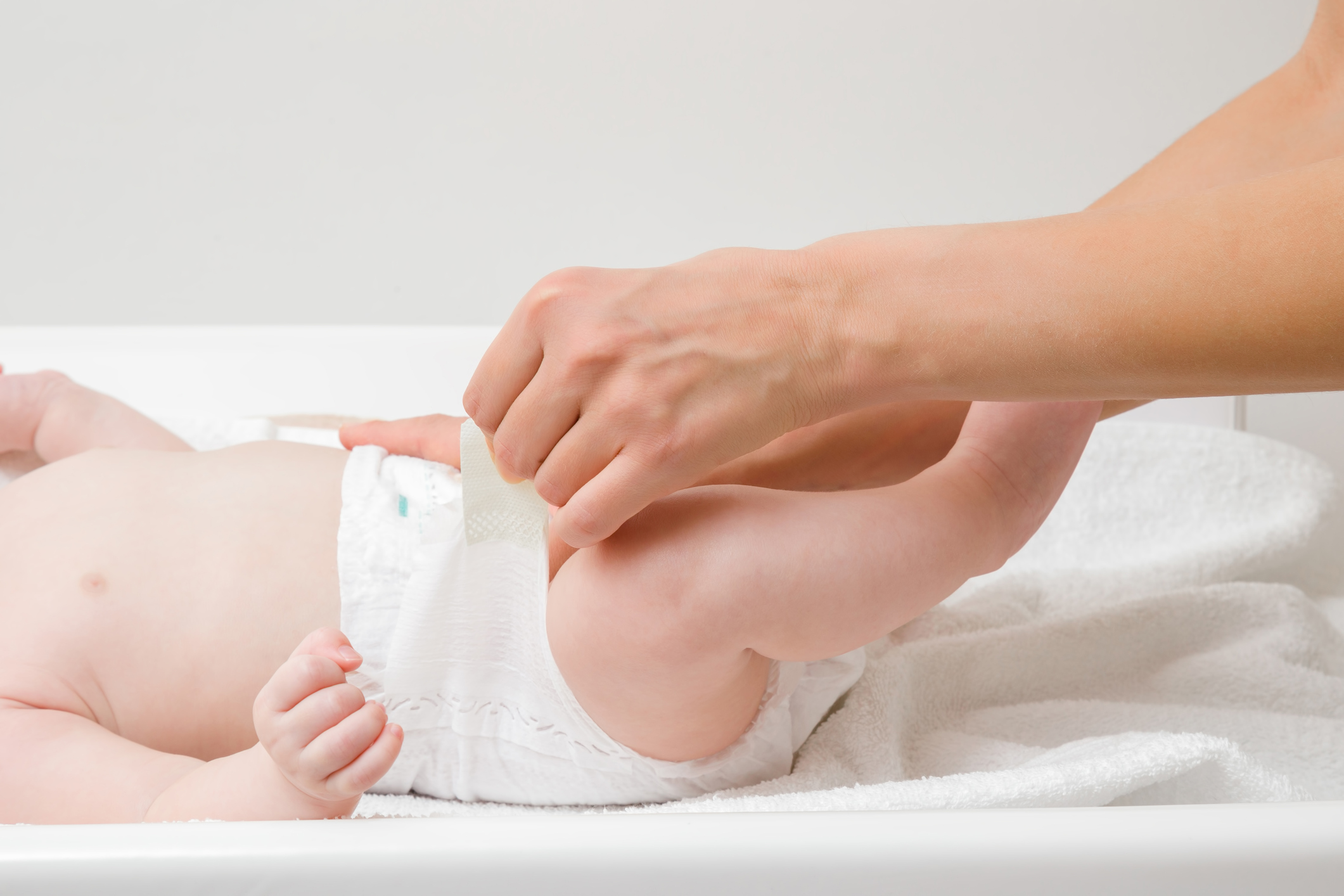
There are many shades and textures of normal when it comes to the color and consistency of baby poop. Color and texture can result from several factors including the age of the baby as well as the type of milk or food that is being consumed.
After newborn babies are born, their poop is likely to be greenish-black or black and have a sticky consistency. This is called meconium which consists of amniotic fluid, skin cells, mucus, and other particles the baby may have ingested in utero.
Once an infant begins to exclusively breastfeed, the color of the poop may be yellow or slightly green. The texture is often described as being seedy. What resembles little seeds are undigested milk fat. This is normal.
Formula-fed babies’ poop can be tan, brown, yellowish-brown, or greenish-brown in color. The consistency is a little firmer than that of a breastfed infant and is likened to pasty peanut butter.
The poop of babies who are eating solid foods such as pureed fruits or infant cereal may contain a wide variety of colors. The poop is firmer and may contain bits of undigested food.
Keeping an eye on your baby’s poop is important as it can be indicative of changes in their health. If your little one’s poop remains black several days after birth or is red, gray or white in color, notify your doctor immediately. Also, contact a pediatrician if your baby’s bowel movements occur more or less frequently than usual or are unusually watery or dry.
To schedule an appointment with a pediatrician at Flushing Hospital Medical Center, please call 718-670-5486.
All content of this newsletter is intended for general information purposes only and is not intended or implied to be a substitute for professional medical advice, diagnosis or treatment. Please consult a medical professional before adopting any of the suggestions on this page. You must never disregard professional medical advice or delay seeking medical treatment based upon any content of this newsletter. PROMPTLY CONSULT YOUR PHYSICIAN OR CALL 911 IF YOU BELIEVE YOU HAVE A MEDICAL EMERGENCY.
